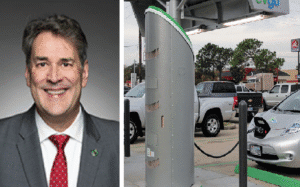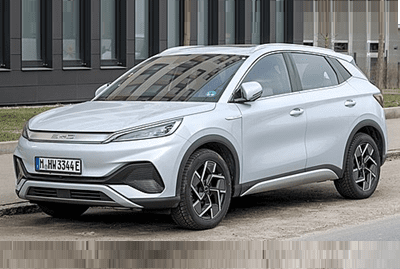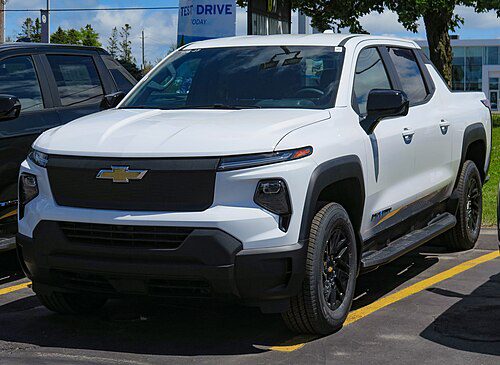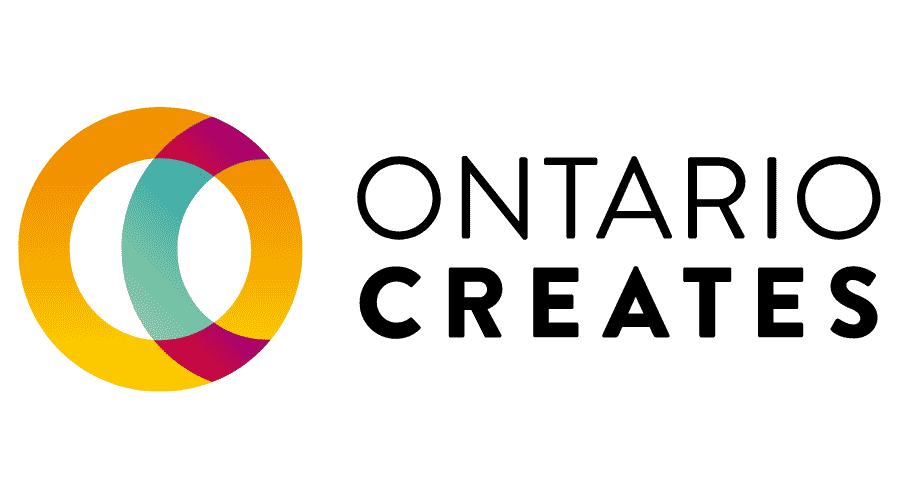YOU FEEL PREPPED FOR EV REPAIR—SO WHAT NOW?
BY ALLISON ROGERS
As we stand at the edge of a new era of collision repair, the question on much of the industry’s mind is simple: “If I’ve taken all of the recommended steps to prep our team for EV repair, what’s next?” Let’s start with the basics: a culture of continuous learning is non-negotiable. After all, we are dealing with a monumental shift—many repairers have spent decades-long careers perfecting their skills on internal combustion engine intricacies, only for everything to be shifted should their workplace embrace electrification. Encourage your team to pursue additional training opportunities; provide them with the necessary opportunities to keep up with emerging technologies.
Use your OEM certifications as a marketing tool. Don’t forget that, just as the automotive industry attempts to navigate new technologies, the average consumer is still largely uneducated on the difference between ICE vehicles and EVs. Heck, I had a conversation recently where the other person believed an EV’s battery must be changed regularly, like a TV remote. By prominently displaying your EV OEM certifications and emphasizing that your team is fully trained in the OEM-approved methods of EV repair, you can instil a sense of confidence in these consumers. Use social media, your website and media outlets to proudly proclaim your expertise.
Consider contributing to local social media groups dedicated to EV owners or hosting EV knowledge sessions to emphasize your capabilities and form meaningful relationships with potential customers. Another handy way to announce your EV abilities—add a charging station to your lot. Not a public charging station, but a power source you will need to keep the EVs you repair operable. Think of it as a billboard that proclaims, “We know EVs!” to anyone that passes by.
Networking and learning from other industry members can be an invaluable tool at this time. We’re all dealing with the same sweeping changes. Participate in local business groups, find like-minded 20 Groups and collaborate with other companies undergoing the EV transformation.
Sharing knowledge and experiences can lead to valuable partnerships and innovative solutions. And don’t hesitate to reach out to OEMs or suppliers for support; many have resources designed to help the industry navigate changes.
Never underestimate the importance of sustainability practices. The industry is shifting toward electric mobility—Canada plans to ban the sale of new ICE vehicles come 2035; Quebec recently announced its intention to ban the sale of new and used ICE vehicles in 2035, should they be of that model year or newer. This shift toward sustainability can be witnessed beyond electrification of the Canadian vehicle fleet. A 2023 survey by Deloitte indicates that 26 percent of consumers—one in four—are prepared to pay more for services they deem “sustainable.” Further, 58 percent of consumers value durability when considering a large purchase; 39 percent consider repairability over recyclability of biodegradability.
Ryan Bast of the Motor Safety Association said it best at the recent Saskatchewan Association of Automotive Repairers (SAAR) event in September: “If you have yet to hear about sustainability at the bodyshop level, you are going to.”
Being prepared for EVs is a significant milestone—but it’s only the beginning of your journey. By fostering a culture of continuous learning, effectively marketing your expertise, networking and investing the proper tools and training, you are well on the way to being EV aware. The future is electric. If you feel truly ready, you may just be able to lead the industry’s charge.





















